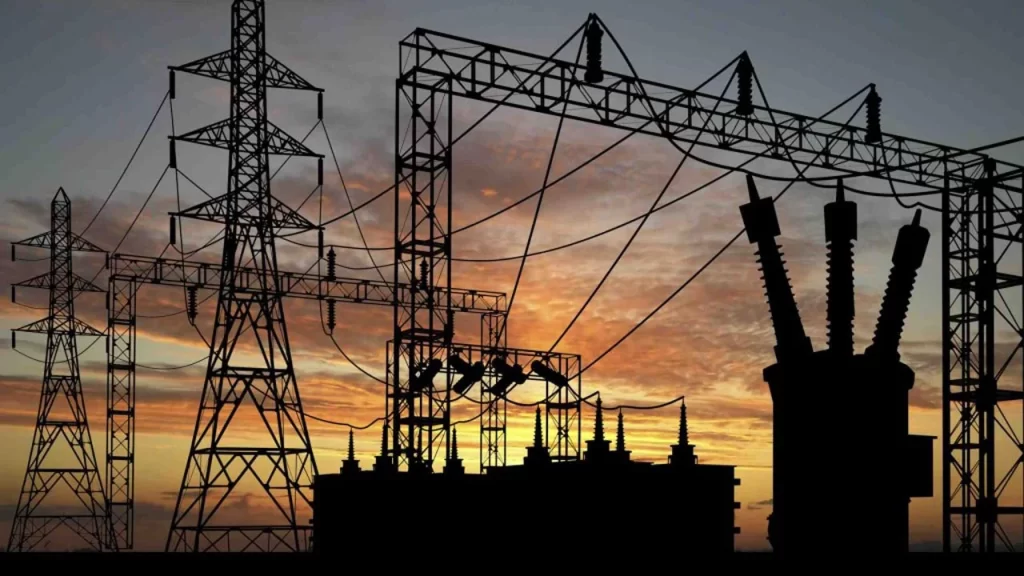The Federal Government has issued a stern warning to states opting to reduce electricity tariffs: be prepared to shoulder the burden of the resulting subsidy.
This position follows the landmark move by the Enugu State Electricity Regulatory Commission (EERC), which recently approved a reduction in Band A tariff—from N209/kWh to N160—for residents of Enugu State.
The new rate, effective August 1, has triggered nationwide debate, drawing mixed reactions from industry stakeholders.
The Special Adviser on Strategic Communications to the Minister of Power, Bolaji Tunji, told PLATFORM TIMES that any state seeking to lower electricity costs must also commit to funding the difference.
He said the Federal Government, currently grappling with over N5 trillion in unpaid power sector subsidies, cannot bear further financial strain.
“If any state chooses to reduce tariffs, it must be ready to fund the corresponding subsidy. Regulatory autonomy comes with financial responsibility,” Tunji stressed.
He warned that uncoordinated tariff reductions could derail federal power sector reforms geared towards achieving cost-reflective pricing, stabilising electricity supply, and attracting investment.
Enugu’s decision has inspired similar considerations in at least seven states—Lagos, Ogun, Plateau, Niger, Ondo, Ekiti, and Benue—many of which are setting up their own regulatory bodies following the 2023 Electricity Act that decentralised power regulation.
Benue State Commissioner for Power and Renewable Energy and Chairman of the Forum of Power Commissioners, Barr. Omale Omale, defended Enugu’s action, describing the new pricing model as more reflective of actual cost and more equitable to consumers.
“Our findings show that customers under Band A have been overcharged. The new tariff in Enugu is backed by credible data and does not shift any subsidy burden to the federal government,” Omale explained.
EERC Chairman, Chijioke Okonkwo, echoed this, noting that the reduced tariff is based on the 2024 Tariff Methodology and supported by assumptions of a federal generation subsidy of N45/kWh.
He added that MainPower, the local distribution firm in Enugu, will monitor daily feeder performance, and customers will receive automatic downgrades and tariff adjustments if supply benchmarks are not met.
But power generation companies (GenCos) are not convinced. The Association of Power Generation Companies (APGC) says the tariff cut could set a “dangerous precedent,” warning it could further destabilise a sector already burdened with over N4 trillion in debt.
APGC CEO, Joy Ogaji, argued there’s no formal subsidy policy in place and that such decisions assume financial support that doesn’t exist.
“What we’re seeing is a build-up of debt, not a subsidy programme. There is no structured federal policy backing this,” Ogaji stated.
Distribution companies (DisCos) have also expressed concern that allowing states to independently set tariffs could create inconsistencies across the national grid and impact investor confidence.
In Q1 2025 alone, the Federal Government reportedly spent N1.1 trillion on electricity subsidies—a figure analysts say is unsustainable.
Power sector reform advocate, Adetayo Adegbemle of PowerUp Nigeria, said while Enugu’s initiative is bold, the assumptions used must be scrutinised.
“States must realise that regulatory freedom requires financial discipline. Enugu cannot expect federal backing without absorbing the associated liabilities,” he said.
He also warned that the Nigerian Electricity Regulatory Commission (NERC) may be forced to intervene if state-level decisions begin to disrupt national coordination in power supply and tariff management.
While states like Lagos and Plateau continue to weigh their options, the federal government insists that the future of Nigeria’s power sector lies in cost-reflective tariffs backed by targeted subsidies for the vulnerable—not in blanket cuts driven by politics.
Do you want to share a story with us? Do you want to advertise with us? Do you need publicity for a product, service, or event? Contact us on WhatsApp +2348183319097 Email: platformtimes@gmail.com
We are committed to impactful investigative journalism for human interest and social justice. Your donation will help us tell more stories. Kindly donate any amount HERE




